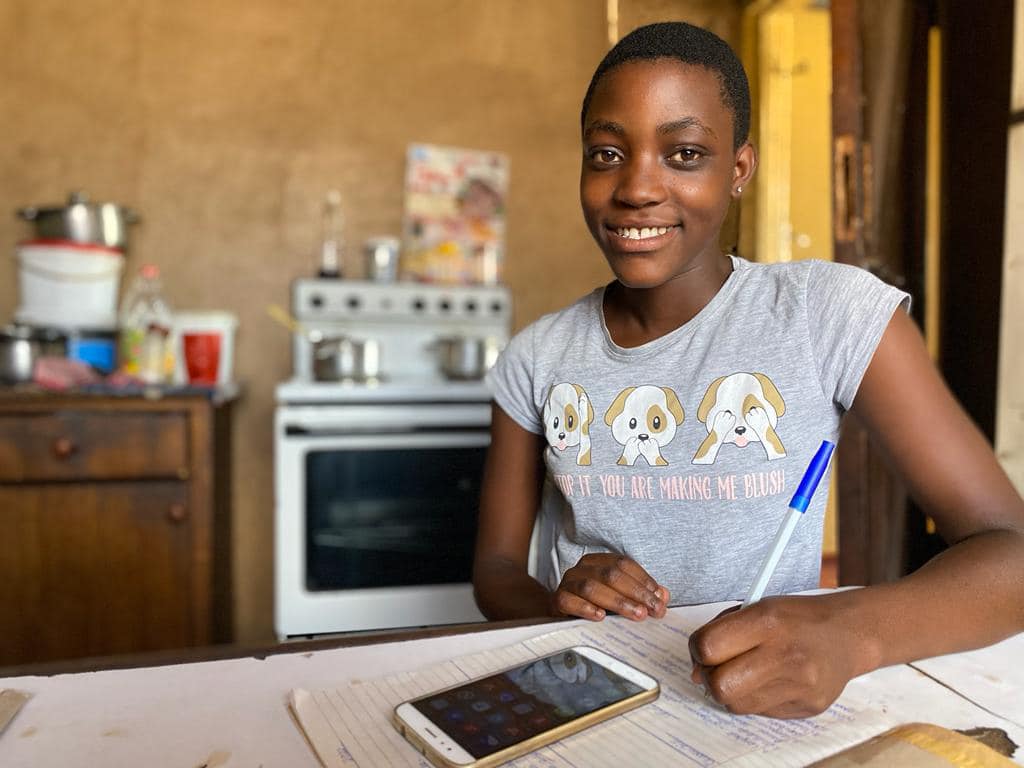GAYA Small Grants Program
Small grants address key issues within the collection, analysis, and use of data on gender and youth within food security activities.
About
The Gender and Youth Activity (GAYA) aims to help implementers strengthen their capacity to design and implement effective food security activities. One key avenue for this support is GAYA’s Small Grants Program (SGP).
The SGP responds to feedback from implementers of food security activities indicating a need for practical, program-oriented approaches to better integrate and use gender and youth-focused data. After a competitive award process in 2023, GAYA awarded Program Improvement Award (PIA) small grants to three food security Implementing Partners. With these funds, the grantees are working to improve the collection and use of gender and youth data to design and adapt their activities.
Through this partnership, GAYA provides each grantee with:
- A grant of up to $240,000 USD dispersed over a two-year period;
- Ongoing support from a team specialized in gender, youth, and program management.
Meet GAYA's Small Grantees:
- Catholic Relief Services (CRS) Zimbabwe
-

Photo credit: CRS The CRS Zimbabwe team, in partnership with Arrupe Jesuit University (AJU), has developed the Impumelelo Yabatsha (Youth Empowerment) pilot project in Zimbabwe, in the Matobo district in Matabeleland South Province and Tsholotsho district in Matabeleland North Province. Over the next two years, they will develop, pilot, and package a Youth-Led Market Assessment (YMLA) toolkit to support and inform non-farm livelihood pathways in emergency and development food security, resilience, and livelihood interventions. The toolkit will become a resource for CRS and other food security, resilience, and livelihoods actors for aligning programming strategies and approaches with the needs and aspirations of distinct groups of vulnerable youth, with a focus on rural youth; young mothers; youth who are illiterate; and youth living with a disability.
Youth will be engaged to lead and voice their perspectives through a process of data collection and analysis, and the dissemination of findings and recommendations. Participating youth will also have the opportunity to obtain certification from AJU. As a result of this project, the following products will be available for the global food security audience:
- Youth led market assessment toolkit
- Dissemination webinar series
- Research Brief
- Global WhatsApp Chatbot
- African Center for Equitable Development (ACED) Benin
-
A women working in a fishery in Benin. Photo credit: ACED Working throughout Africa, the ACED small grant team is working to enhance the capacity of African food security and nutrition implementers by bridging knowledge, attitude, and practice gaps integrating gender and youth data. By developing evidence-based learning materials and providing complementary training, ACED will support implementers to design and deliver more inclusive food security and nutrition interventions. Additionally, the project will work with implementers to strengthen their collection and use of gender and youth data, increasing the effectiveness of their programming. ACED will develop several products for the global food security community:
- Evidence brief on integrating gender and youth information for inclusive interventions in food security activities
- Report on African NGOs’ capacity to understand and integrate gender and youth information into food security interventions
- Technical Guide
- E-Learning course
- Women’s Refugee Commission (WRC) Colombia
-
Photo Credit: Juan Manuel/WRC WRC is investigating how a set of evidence-based and participatory tools support inclusive programming for adolescents in Santa Marta and Ciénaga, Colombia. WRC is partnering with Tiempo de Juego and Universidad de Los Andes to contextualize, employ, and evaluate the I’m Here approach with adolescents affected by displacement. This project will utilize the I’m Here approach to meaningfully engage adolescents in program design while also producing evidence on its effectiveness as part of food security and nutrition programming. The team will also develop and employ a revised strategy for socialization of the I’m Here approach at the global level, including:
- Guidance for implementing the Asset Exercise and Adolescent Benchmarks
- Decision-support tool for practitioners to support participatory program design
- Contextualized I’m Here tools in Spanish and updates to the I’m Here Playbook
- Program Learning Brief